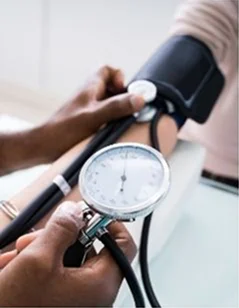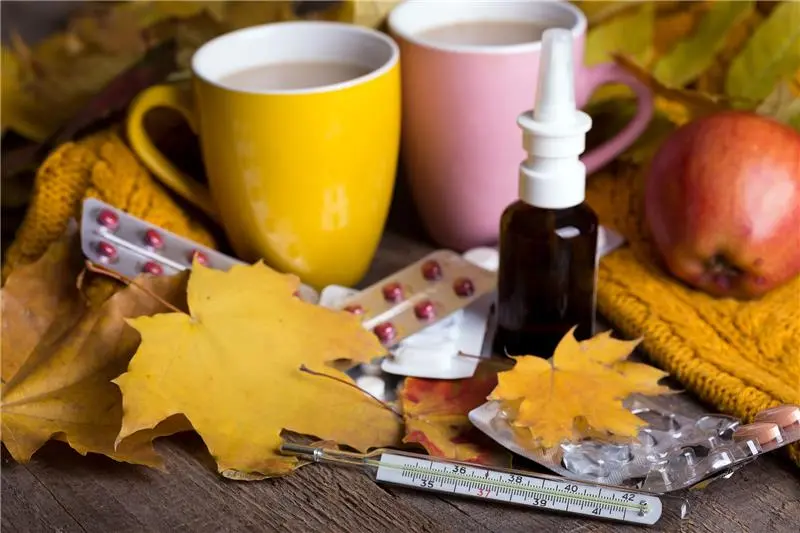Millions of individuals worldwide suffer from hypertension, often known as high blood pressure. If left untreated, it can result in major complications like heart disease, stroke, and renal issues. There are natural methods that can help lower blood pressure and advance general well-being, while medication is frequently advised to control blood pressure.
This blog post will discuss tried-and-true methods for reducing stress that work to naturally lower blood pressure.
Exercises for Deep Breathing
Simple yet effective approaches like deep breathing exercises can lower blood pressure and reduce stress. The body's relaxation reaction is triggered when you consciously slow your breath. In turn, this causes the heart rate and blood pressure to drop.
Diaphragmatic breathing is a useful practice for deep breathing. Put one hand on your abdomen and sit or lie down in a comfortable posture to practice this technique. Allow your stomach to rise as you take a deep breath in through your nose, and then slowly let it out through your mouth. To feel the relaxing effects of this exercise, perform it again for several minutes each day.
Meditation
Since ancient times, people have used meditation to improve relaxation and lessen tension. Regular meditation has been demonstrated in numerous trials to considerably lower blood pressure. It eases mental tension, improves self-awareness, and lessens the anxiety and unfavorable feelings that raise blood pressure.
There are many different types of meditation, such as guided imagery, transcendental meditation, and mindfulness meditation. Choose a meditation technique that speaks to you, then set aside some time each day to practice it.
Regular Workout
Regular physical activity not only helps to control blood pressure, but it is essential for maintaining good overall health. Exercise improves circulation, builds cardiac muscle, and lowers stress levels. On most days of the week, try to get in at least 30 minutes of moderate-intensity activity, such as brisk walking, swimming, or cycling.
If you've never exercised before, start off cautiously and build up to longer and more intense sessions. Before beginning any new fitness program, especially if you have underlying medical concerns, speak with your healthcare professional.
Healthy Diet
A healthy diet is essential for controlling blood pressure. Concentrate on including heart-healthy foods in your diet to naturally lower blood pressure. A diet high in fruits, vegetables, whole grains, lean proteins, and healthy fats is recommended.
Reduce your sodium (salt) intake since too much sodium might cause blood pressure to increase. Keep in mind that packaged and processed meals frequently have high salt content. Limit your intake of alcohol and caffeine as well, as these substances can worsen hypertension if consumed in excess.
Stress Management Techniques
Effective stress management is crucial since stress is a major cause of high blood pressure. Other stress-relieving practices can naturally lower blood pressure in addition to deep breathing exercises and meditation. Take part in relaxing activities you enjoy, such as reading, listening to music, doing yoga, or spending time outdoors.
Find constructive ways to express your emotions, such as by speaking with a family member or close friend or by writing in a journal. Your general health and blood pressure levels can be significantly improved by incorporating stress management practices into your everyday routine.
Adequate Sleep
Even though it's sometimes disregarded, sleep is essential for preserving good health. Blood pressure concerns and other health problems can be exacerbated by sleep deprivation or poor-quality sleep. Each night, try to get seven to eight hours of good sleep. By going to bed and waking up at the same time each day, establish a regular sleep schedule.
Maintaining darkness, coolness, and quiet in your bedroom will promote restful sleep. Before going to bed, stay away from stimulating activities like utilizing electronics because they can reduce the quality of your sleep.
Bottom Line
By implementing tried-and-true stress-reduction tactics into your everyday routine, you can naturally lower your blood pressure. To improve blood pressure regulation and general well-being, try deep breathing exercises, meditation, regular exercise, a nutritious diet, stress management skills, and enough sleep.
It's crucial to keep in mind, though, that these methods function best when combined with any prescription medications and when applied with a healthcare professional's supervision. You may take charge of your health and lower your risk of consequences from hypertension by managing your blood pressure holistically.



.webp)



%20(1).png)
.png)
%20(1).png)


%20(1).png)




%201.png)
